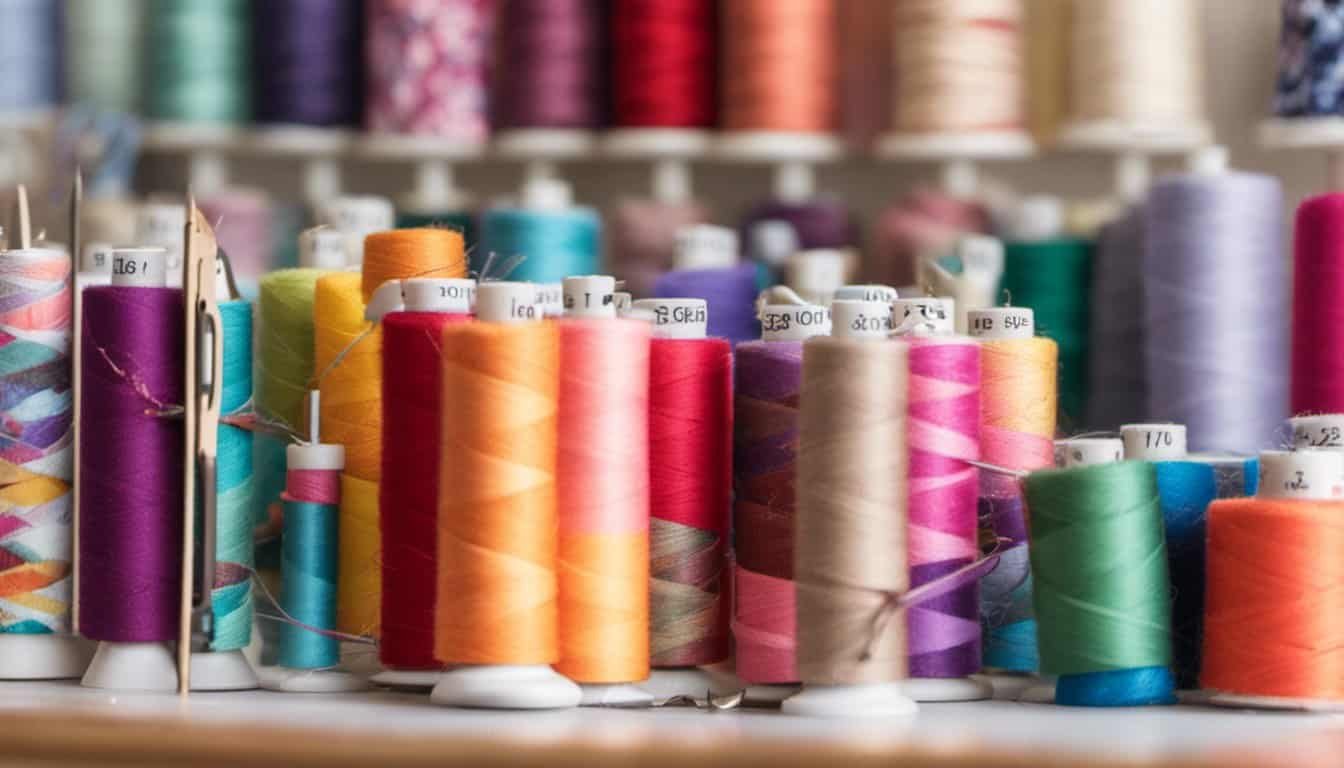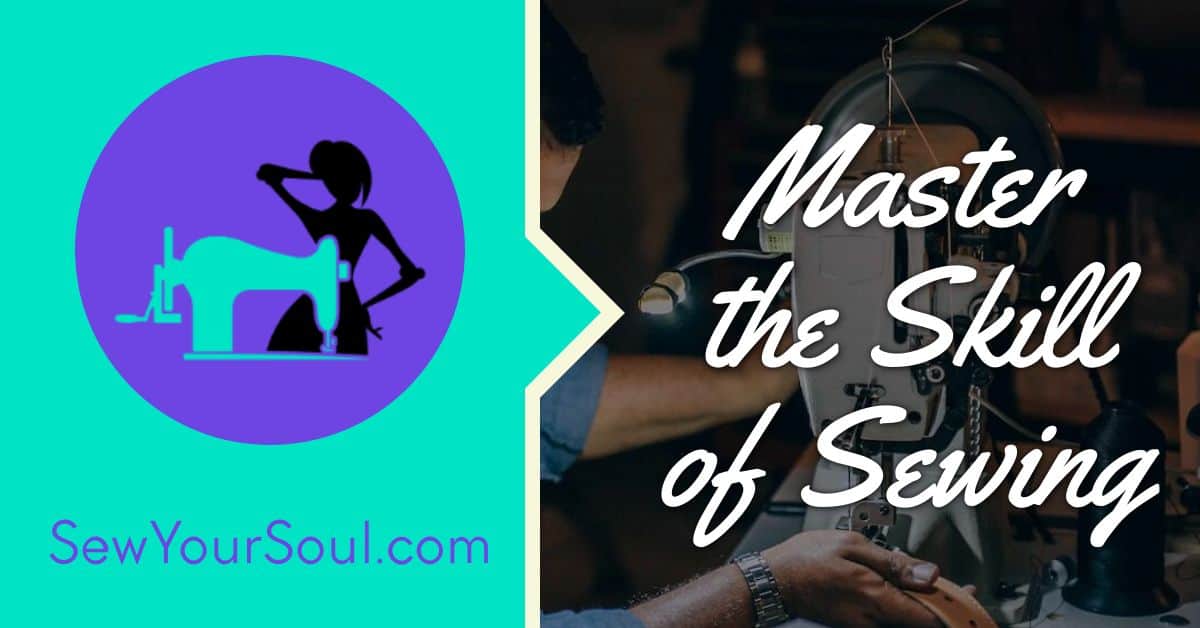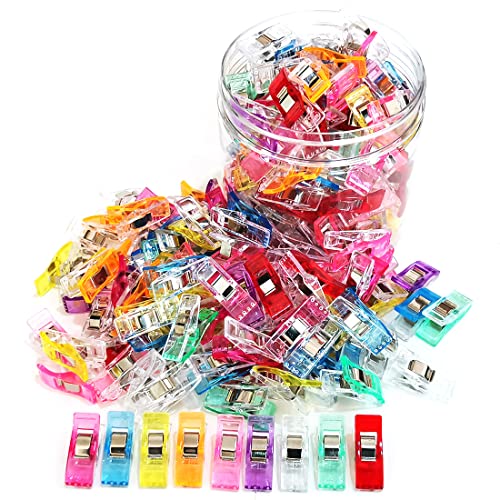Ever wondered who crafts those tiny yet crucial sewing machine needles? These small but mighty tools are essential for every sewing project, from simple repairs to elaborate designs. The craftsmanship behind these needles comes from a variety of specialized manufacturers who dedicate their expertise to ensuring each needle meets high standards of quality and precision.
You’ll find that different brands offer unique features, catering to various sewing needs. Whether you’re a hobbyist or a professional, understanding who makes these needles can help you choose the best ones for your projects. Let’s dive into the world of sewing machine needle manufacturers and discover the names behind the needles you trust.
History of Sewing Machine Needles
Sewing machine needles have evolved significantly, reflecting innovation and technological advances.
Early Inventions and Innovations
Sewing machine needles date back to the early 19th century. In 1804, Thomas Stone and James Henderson, along with Scott John Duncan, created the first functional sewing machine. By 1830, Barthelemy Thimonnier patented a machine in France using a hooked needle. In 1846, Elias Howe patented the first successful machine in the US, using a needle with an eye in the pointed end. These early inventions set the stage for further innovations.
Modern Developments
In the 20th century, manufacturers like Schmetz, Organ, and Singer began producing specialized needles. Today’s needles cater to different fabrics, threads, and machine types. Titanium coatings, advanced alloys, and precision engineering offer durability and enhanced performance. Brands innovate continuously, providing needles that improve stitching quality and user experience.
Major Manufacturers of Sewing Machine Needles
Several companies lead the market in sewing machine needles. Their advanced technologies and commitment to quality help sewists achieve precise and durable results in their projects.
Schmetz and Their Market Influence
Schmetz is a prominent name in sewing machine needles, known for German engineering and precision. This brand offers needles for various applications, including quilting, embroidery, and leatherwork. Their color-coding system helps you easily identify needle types and sizes, ensuring you select the right needle for each project. Schmetz’s rigorous quality control guarantees consistent performance, making it a favorite among professional sewists and hobbyists alike.
Organ Needle Co., Ltd. – A Japanese Pioneer
Organ Needle Co., Ltd., established in 1939, is a major player in needle manufacturing. This Japanese company produces high-quality needles for household and industrial machines. Organ needles are renowned for their durability and sharpness, suitable for various materials from delicate silk to heavy denim. The company’s focus on innovation and stringent quality assurance processes ensures reliable needles, earning them a loyal customer base worldwide.
Singer’s Legacy in Needle Manufacturing
Singer, a historic name in sewing, also manufactures needles designed to match their sewing machines perfectly. Singer needles are widely available and cover a range of types like universal, ballpoint, and heavy-duty. Known for their dependability, Singer needles provide consistent stitch quality across different fabrics, enhancing the overall sewing experience. The brand continues to evolve, integrating modern materials and technologies into their needle design.
Factors Influencing Needle Quality
Several key factors affect the quality of sewing machine needles. Understanding these can help you choose the best needle for your projects and ensure optimal stitching results.
Material Used in Needles
The material used in needles directly impacts their durability and performance. Steel alloys, carbon steel, and titanium-coated needles are popular materials. Steel alloy needles offer strength and flexibility. Carbon steel needles provide a sharper point, ideal for detailed work. Titanium-coated needles have enhanced durability and reduced friction, making them last longer and maintain sharpness.
Manufacturing Process and Quality Control
The manufacturing process and quality control measures are crucial for producing high-quality needles. Precision engineering and stringent standards are vital. Computerized machining ensures consistent shape and size. Heat treatment processes increase needle strength. Quality control involves multiple inspections, from raw material selection to final needle testing. Only well-crafted needles pass rigorous checks, ensuring they meet high standards for performance and reliability.
By considering these factors, you can select needles that enhance your sewing experience and deliver professional results.
How to Choose the Right Needle for Your Sewing Machine
Selecting the appropriate needle for your sewing machine ensures smooth, professional-looking stitches. Understanding needle sizing and matching the needle to the fabric are essential steps.

Understanding Needle Sizing and Types
Needle sizing often includes two numbers, such as 80/12. The European size is 80, and the American size is 12. A higher number indicates a thicker needle. Common types of needles include:
- Universal Needles: Suitable for woven and knit fabrics.
- Ballpoint Needles: Ideal for knit fabrics; their rounded tip prevents snags.
- Sharps Needles: Perfect for woven fabrics, lightweight, and tightly woven fabrics.
- Quilting Needles: Designed for machine quilting and patchwork.
- Embroidery Needles: Created for embroidery machines and include a larger eye for specialty threads.
- Jeans Needles: Strong needles suitable for denim and other heavy fabrics.
Tips for Matching Needle to Fabric Type
Matching the needle to the fabric type can prevent issues like skipped stitches and fabric damage. Here are some tips:
- Lightweight Fabrics: Use a small-sized needle (60/8 or 65/9) for fabrics like silk and chiffon.
- Medium-weight Fabrics: Choose a medium-sized needle (70/10 or 80/12) for fabrics like cotton and linen.
- Heavy Fabrics: Opt for larger needles (90/14 to 110/18) for fabrics like denim and canvas.
- Stretch Fabrics: Use ballpoint or stretch needles to avoid damaging the fabric.
- Leather: Employ leather needles with a special cutting point for clean perforations.
By focusing on needle sizing and fabric compatibility, you’ll enhance your sewing efficiency and project outcomes.
Conclusion
Choosing the right sewing machine needle can make a world of difference in your sewing projects. With so many types available, understanding needle sizing and matching the needle to your fabric type is crucial. Whether you’re working with delicate silks or heavy denim, there’s a needle designed to help you achieve smooth, professional-looking stitches.
By focusing on these details, you’ll not only enhance your sewing efficiency but also ensure your projects turn out just the way you envision them. Happy sewing!













